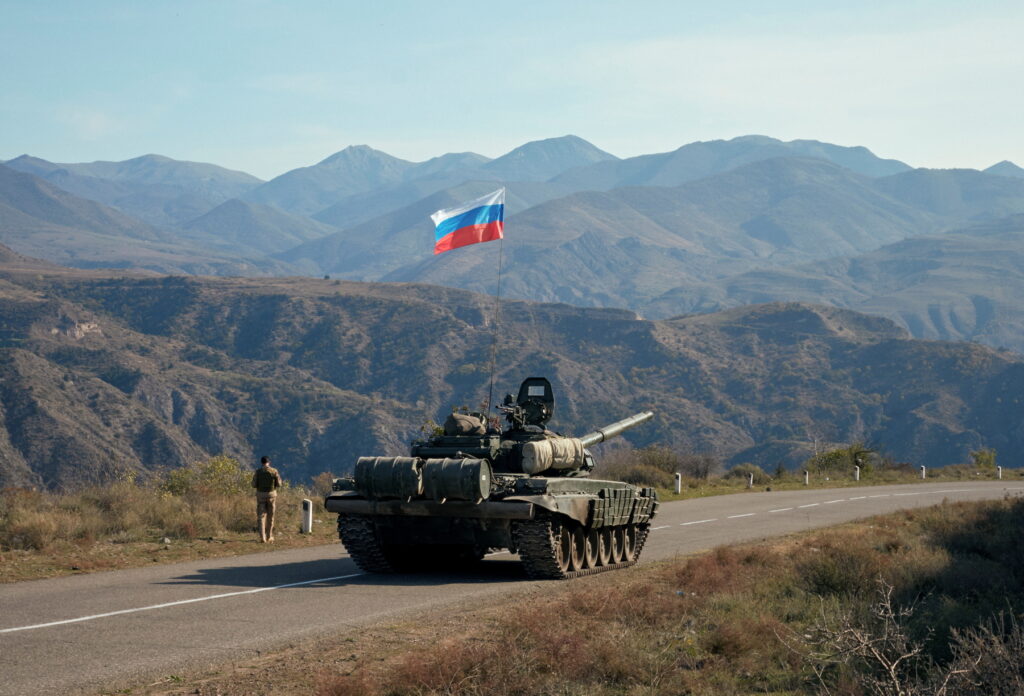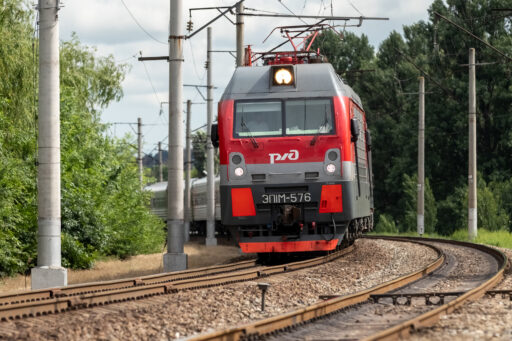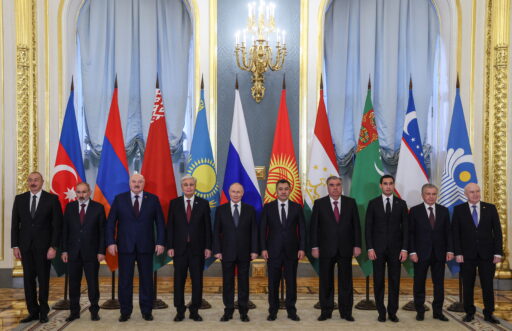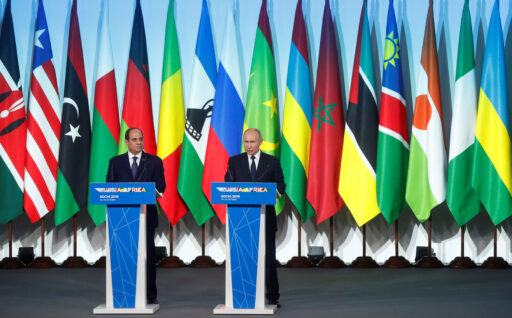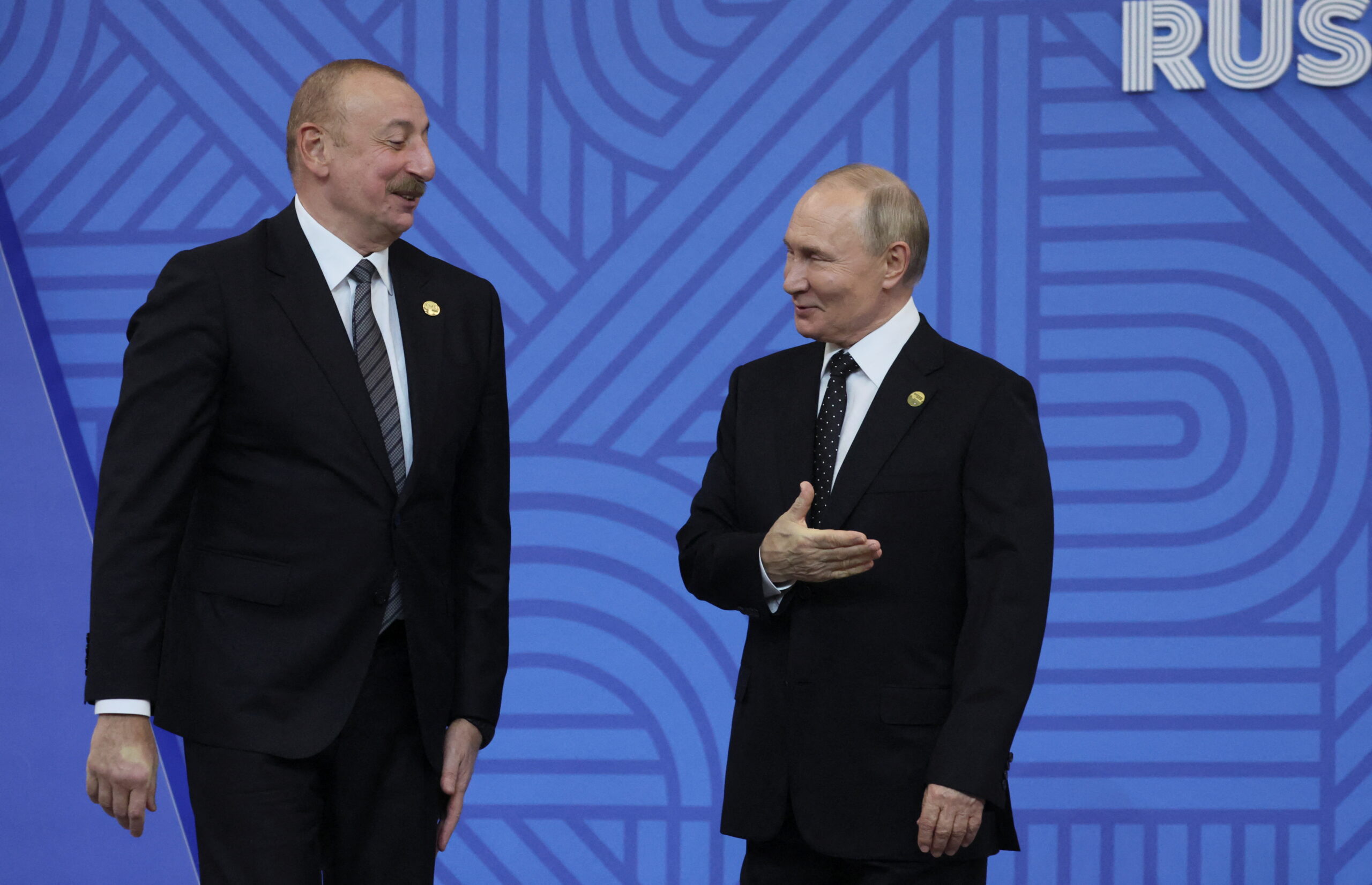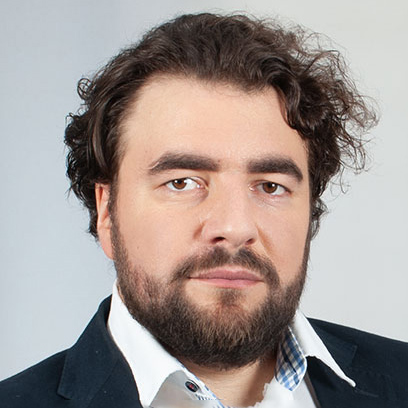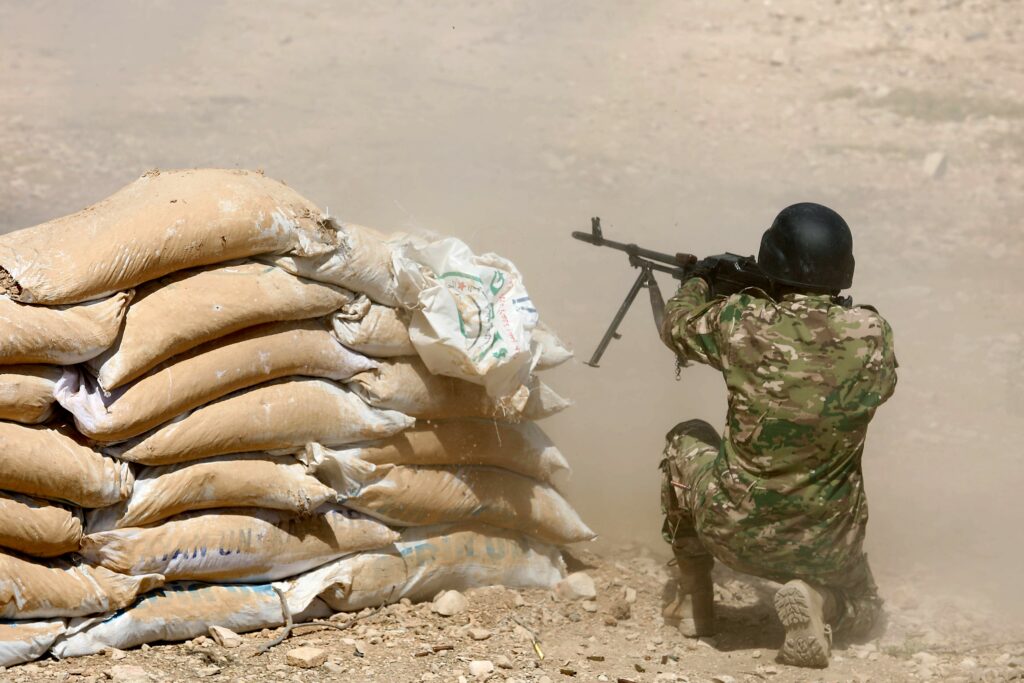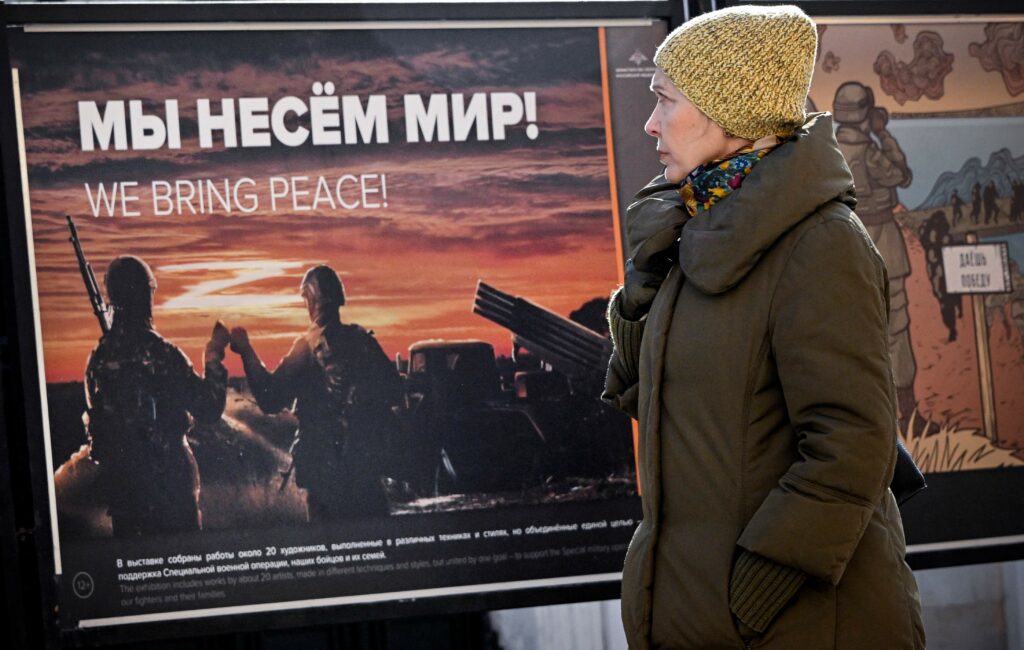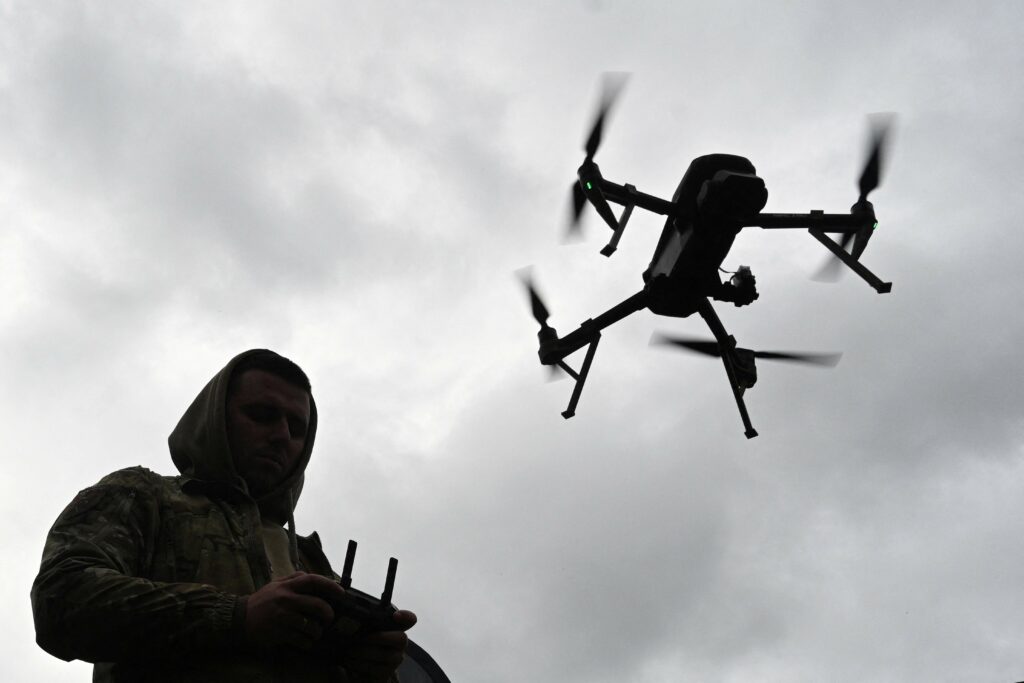In any war, there are always more losers than winners. Rarely are there “victorious peoples,” however convenient it may be for rulers to insist otherwise. The latest Karabakh war, it seems, will not be any such rarity. The costs of fighting have been high on all sides.
Statement, not agreement
Looking ahead, Azerbaijan, Armenia and Russia have not yet signed any “legally binding” documents, as diplomats call it. This should be noted immediately, as it weighs on any verdict of what the fallout will look like. Two presidents and one prime minister signed a joint statement via video conference. There is only one signature on each document. This is not a peace treaty.
In essence, for now, we are talking about a declaration of intent. No one can even guarantee that all three leaders signed the same text. At the time of writing, there are no coordinated translations of it into national languages. There is no English version. The document appears to be drawn up in Russian. Of course, the Russian special forces have already landed in Armenia. They will be the most serious argument for observing any conditions indicated in the signed statement. But this is in the short term. In the medium term, either party can violate these agreements or declare that they understand them in their own way. Especially Turkey, which did not sign anything at all. Nor did the authorities of the self-proclaimed Nagorno-Karabakh Republic.
In fact, Ilham Aliyev has already started this process. Immediately after the signing of the document, he announced Turkey’s participation in the peacekeeping mission. It doesn’t matter whether, in the end, the Turkish military will be in Nagorno-Karabakh. Or whether it will appear on a transboundary corridor in southern Armenia, which actually cuts it off from Iran. Or, if Aliyev’s promises will remain an empty declaration of loyalty to Recep Erdogan. The bottom line is: with the ink barely dry on a ceasefire, it is being broadly interpreted by one of the parties to the conflict.
What stopped Aliyev?
Many are wondering why the Azerbaijani army stopped. It had taken the historical capital of the region Shusha on November 7, known in Armenian as Shushi. That put it in prime position to continue its attack on Stepanakert, the current de-facto capital of Nagorno Karabakh. (The Azerbaijani name for it is Khankendi). Of the many explanations, some are clearer than others.
These ones definitely objectively influenced the decision of Ilham Aliyev. The first is the Russian Mi-24 helicopter, which was shot down by the Azerbaijani side over the territory of Armenia. Two people died, the third crew member survived. This unmotivated attack happened to be so timely that many even began to build conspiracy theories. After all, under the collective security treaty, it certainly gave Russia the right to intervene in the conflict on the side of Armenia. Russia could then demand the same from the rest of the CSTO members. This information was probably brought to the attention of Aliyev. However, he himself certainly understood the significance of what had happened.
Second, having seized Stepanakert, wresting Nagorno-Karabakh from the Armenian population, there would have been a blowback. Azerbaijan and Turkey, as its main ally in this war, would have lost their chances of laying a transit corridor from Nakhichevan to Baku through the territory of Armenia proper, under the “Goble plan” about which Riddle has already written in more detail.
Third, completely seizing Nagorno-Karabakh would have pushed Aliyev into risking an inevitable, in this case, massive ethnic cleansing. This would greatly worsen his image in the West. It would increase the risk of direct interference of the “international community” in the conflict, in the form of, for example, sanctions.
Fourth, Azerbaijan is already facing a task of returning tens of thousands of refugees to the regions won back from Armenia. This is a gigantic investment, since all housing and infrastructure there has been destroyed. Taking Stepanakert would require solving this problem immediately. And now, with the signed statement, the UN High Commissioner for Refugees, which is known for its slowness and bureaucracy, will be in charge of this. It will take months, if not years, only to compile preliminary lists of the resettled. To all the outraged claims of their fellow citizens, the Azerbaijani authorities will be able to answer that this issue is regulated by the UN.
For Aliyev, as a politician, and for the economy of Azerbaijan, the current option is optimal. Especially given the fall in prices for the main export commodity – fossil fuels.
Everything goes according to plan
The statement signed by the three leaders is a mix of the two main plans for the Karabakh settlement. The so-called “Goble plan” and the “Lavrov plan”. Yet by force of arms, Azerbaijan managed to get extra advantages. Unlike the Kremlin’s proposals, Baku gains control not over five, but over all seven occupied regions. It does not give up the part of Nagorno-Karabakh occupied in the 1990s. And it and also acquires the historical capital of the region – Shusha, which is of great symbolism for both peoples.
Unlike the Goble Plan, there is no territory exchange. Still, Azerbaijan gets a transit corridor to Nakhichevan, and hence to Turkey. True, under Russian control.
As far as Karabakh itself is concerned, if Azerbaijani refugees gradually settle in the part left behind by the Armenians, then its future “azerbaijanization” is inevitable. The Armenians will simply be squeezed out. Some of them will probably not return from evacuation.
The people of Azerbaijan, however, can also be called the losers in this war. Azerbaijan is run by the second generation of the Aliyev family. Now the country is, in fact, close to becoming a hereditary monarchy. Even if Aliyev keeps the formal presidential elections.
Recep Erdogan will also support this outcome of the war in his fight against internal opposition. The role of Turkey in the Caucasus is growing. This satisfies the imperial ambitions of its ruling class. Such an end to the war is likely to correspond to Erdogan’s plans. Unless Aliyev’s dependence on Turkey has grown in a way that officials in Ankara would like.
Is Russia a winner or a loser?
In the logic of Vladimir Putin’s foreign policy, the Kremlin has also made strides. He will fully, and not partially, as before, control the Armenian-Iranian border, along which the “corridor” to Nakhichevan will run. Russian peacekeepers will be on the territory of the self-proclaimed Nagorno-Karabakh and Azerbaijan proper.
Now Moscow is the guarantor of security for both states, which the Kremlin has previously sought out by selling weapons to two countries at once.
The risk of the death of peacekeepers, the financial costs of maintaining the military contingent, the loss of sympathy on the part of a significant part of the Armenians – all this for Putin does not seem to count. Or, he would have been glad to end this conflict differently. Then again, Russia simply did not have enough influence and resources for this.
So, it turns out that tactically the Kremlin won. But from the point of view of the long-term interests of Russia, and not personally of Putin, this is a loss. Long-term stability in the South Caucasus is nowhere in sight. Armenia is weakened and subordinated. But it received a powerful incentive over time to turn into a state unfriendly to Russia.
